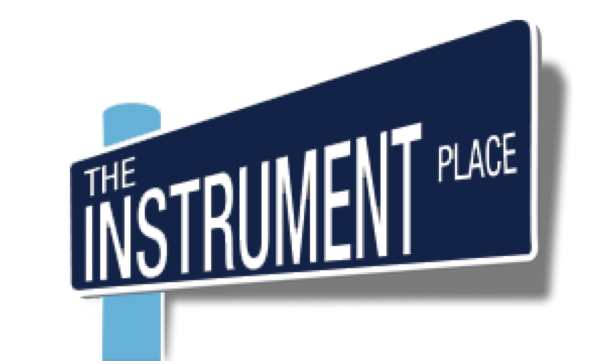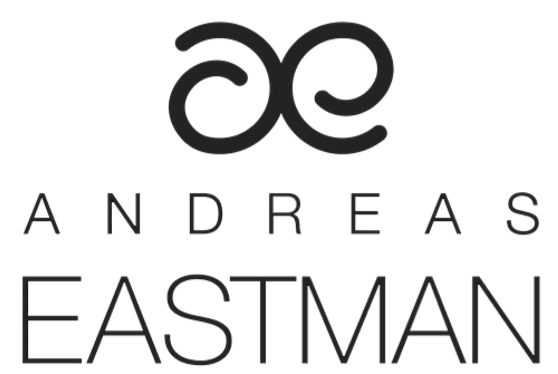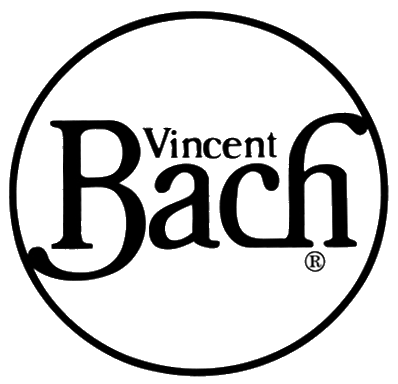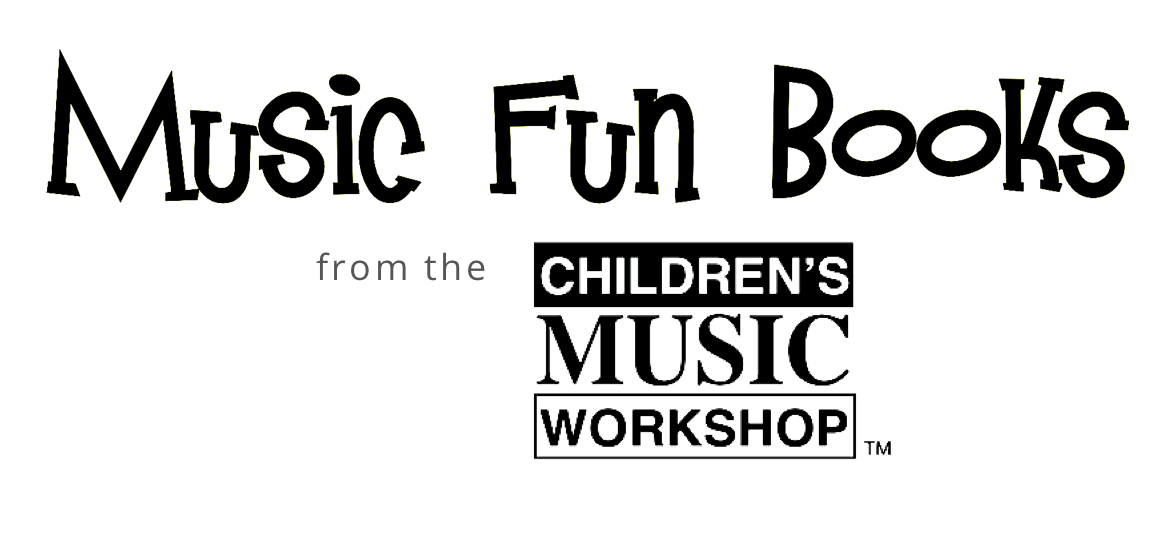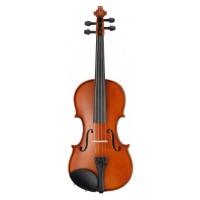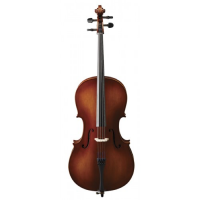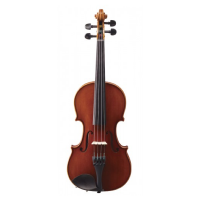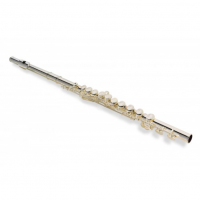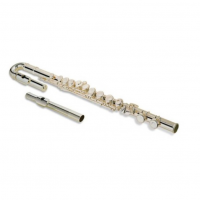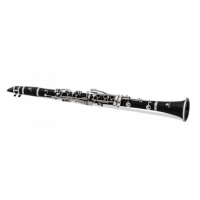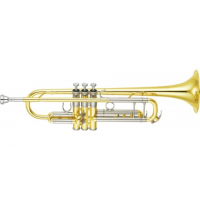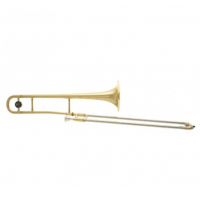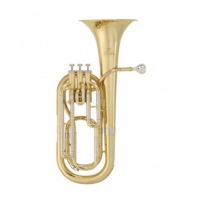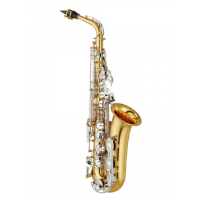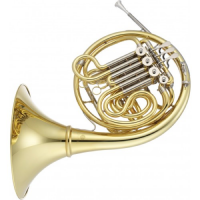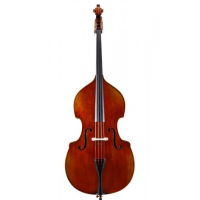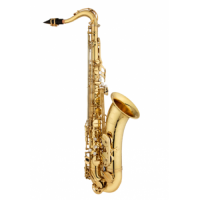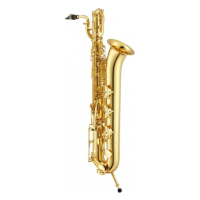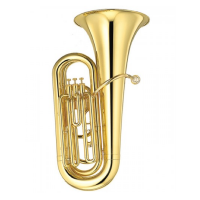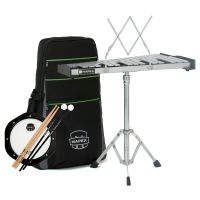Renting vs Buying Band & Orchestra Instruments
So your child wants to play an instrument! Your heart swells as you imagine your son or daughter practicing scales in their room or joining their classmates on stage in the school auditorium for the first recital. Seeing your child develop an interest in music can be a wonderful experience, and buying or renting an instrument for a student is an exciting moment for the whole family.
But for parents new to the process, deciding whether to buy or rent a musical instrument can be a bit intimidating. Kids are notoriously fickle, and you may wonder if this latest interest will fade like so many others. Does it make sense to buy an instrument for your daughter, who kicked her ballet shoes to the curb once she discovered soccer? On the other hand, after begging for a guinea pig, didn't she clean its cage and feed it every day, just as she promised? For these reasons and more, many parents find themselves flummoxed by the question "Should I rent or buy?"
There are three main factors to take into initial consideration when deciding whether to rent or buy a student instrument:
- LONGEVITY—Is your child uncertain about which instrument they want to play or do you have doubts as to how long or how seriously they are willing to commit to learning?
- FINANCE—Would it be a financial strain to pay a lump sum to purchase an instrument vs. making payments?
- SIZE—Is your child both new to playing and in need an instrument that is smaller than full size?
If you can answer "yes" to any of these questions, it would be a good idea to seriously consider renting your child's instrument. Continue reading for more details.
Benefits of Renting an Instrument
Convenience
Rental programs make finding an instrument easy. Most schools partner with local shops that take the guesswork out of a process that is new to many parents. It's a good idea to go with your school's recommended supplier—that way you know you'll be getting a quality, teacher-approved instrument from a store that offers free and fast delivery. When you rent a student instrument from your school's suggested vendor, you won't have to spend a lot of time agonizing over which model or brand to choose, as you might when buying one.
Insurance
Let's face it: kids aren't always gentle with their belongings. The thought of purchasing a delicate, expensive stringed or brass instrument only to have it break in your child's care can be hard to swallow. And it's not just your own child you have to worry about—in fact, in most cases when damage occurs, it is caused by a peer or person other than the child. Most rental programs include the option to add damage protection to ward against unforeseen events for just a few extra dollars each month.
The Instrument Place offers an industry-leading, deductible-free damage protection plan that starts from as low as $15 for the duration of the rental. Select your instrument to view full details on our optional damage protection plan.
Ability to Exchange Instruments
If your child is new to playing and needs an instrument that's smaller than full size, renting is the clear choice. When she has a growth spurt and needs a larger instrument, you can easily make the exchange. Great rental programs will even make it easy for you to swap out your rental for the next size up, when the time comes.
However, if your child is past the first-year mark and is still playing an instrument that is less than full size, you should consider purchasing or leasing-to-own. Buying an instrument will be most cost-effective in the long run if the vendor has a generous trade-in policy.
The Instrument Place makes this easy, allowing you to trade-in partial instrument sizes for credit towards a purchase of the next size.
Trial-Friendliness
If your child is a brand new musician, making a large financial commitment is a bit of a gamble. It may be wise to rent the instrument for at least the first year while he is discovering whether he enjoys playing. At that point, if your child decides he wants to try a different instrument or pursue an interest other than music, you can simply return the instrument to the store and cease making payments. Keep in mind, though, that it will take time for your child to get past the initial threshold when playing becomes easy and more enjoyable. Whether you're buying or renting, it's a good rule of thumb to encourage your child to try playing for a year before deciding the instrument isn't for him. Again, after the first-year mark, purchasing or leasing-to-own may make more financial sense if your retailer has a good trade-in policy.
At The Instrument Place, if you decide that a rental is not the right fit for your child, you can trade in your instrument for for a completely different type of instrument or return it altogether. Refund amounts are based on when you return the instrument. More information on our rental terms can be found here.
Cost-Effectiveness
As mentioned above, if your budding musician is brand new to playing, making a large financial investment up front may be risky. For a reasonable monthly price, you can test the waters to see if playing the instrument will be a long-term part of your child's life. If your child wishes to continue past the first year, however, it may be in your best interest to buy the instrument instead.
Deciding to rent? Get specific important rental advice for your instrument below.
Benefits of Buying an Instrument
Ownership
If your child has demonstrated that playing their musical instrument of choice is not just a passing fancy, you have a different set of considerations when deciding whether to buy or rent an instrument. In the long term, owning a moderately priced instrument (with the option of trading it in for credit toward the next largest size, if applicable) will generally be more cost effective than renting. You and your child can research different models, both used and new, and choose the specific instrument you want. If paying the full price up front is a hardship, many stores offer an installment or "lease-to-own" plan. If you choose this option, however, be sure to read the fine print to make sure the final purchase price does not include hidden costs.
Learn more about The Instrument Place's un-matched Lease-to-own program.
Sense of Commitment
Your child will likely be aware, to some degree, of your deliberations on whether to buy or rent the instrument. If you opted to rent for a year, he'll know that you're waiting to see if he has a long-term interest. Taking the step of buying your student musician an instrument rather than renting one shows that you consider him to be serious in his musical pursuits. Having his own instrument will likely increase his sense of responsibility and follow-through, placing him on a path to continue playing for years to come.
Resale Value
Unlike cars, high-quality instruments that are well cared for hold their resale value over time. If your child eventually decides the instrument isn't for him or wants to graduate to a more expensive model, you will be able to recoup much of the cost of your initial investment. When buying a used instrument, be sure to carefully examine the condition to be sure that the resale value will hold, and if purchasing a new one, keep it well protected and maintained for the same reasons. Of course, these are good practices to follow whether you buy or rent an instrument.
Cost Analysis
When you embark on an instrument rental or purchase for your child, the primary consideration will likely be cost. Since parents must budget for many costs for student activities, buying or renting an instrument may initially be daunting. Renting is likely to be the most cost-effective option for a student who is new to the instrument, especially if she needs an instrument that is smaller than full size. On the other hand, for older students who have played for at least a year and demonstrate a commitment to the instrument, purchasing will make more financial sense. Whether you choose to buy or rent the instrument, make sure to work with a trustworthy vendor who will outline all costs up front.
Deciding to purchase? Get valuable advice before buying your instrument.
